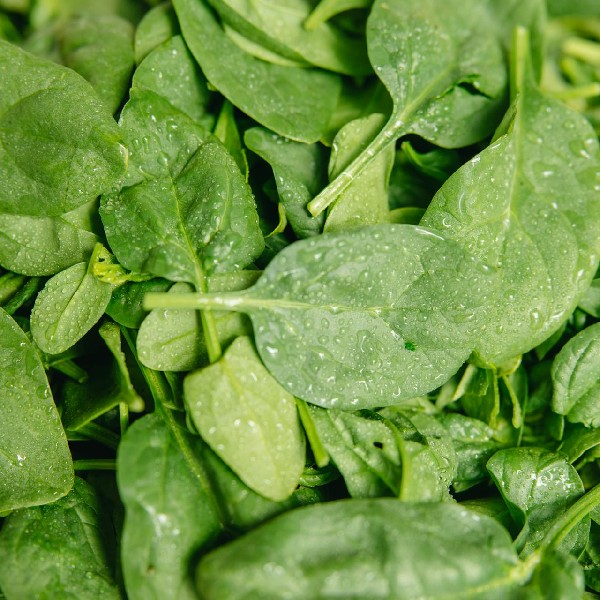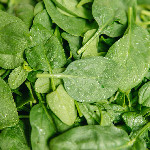The Origins and Varieties of Spinach:
Spinach has been cultivated for thousands of years and has its origins in Persia, now modern-day Iran. It belongs to the Amaranthaceae family, which also includes beets and Swiss chard. Today, there are several varieties of spinach, including savoy spinach with its crinkled leaves, smooth-leaf spinach with its flat leaves, and baby spinach with its tender, young leaves.
Nutritional Benefits of Spinach:
Spinach is renowned for its impressive nutritional profile. It's loaded with vitamins, minerals, and antioxidants, making it a powerhouse of nutrition. Spinach is particularly rich in vitamin K, which is essential for bone health and blood clotting, as well as vitamin A, which supports eye health and immune function. Additionally, spinach is a good source of iron, calcium, and magnesium, making it a valuable addition to any diet, especially for vegetarians and vegans.
Culinary Versatility:
Spinach is incredibly versatile in the kitchen, lending its tender texture and mild flavor to a wide range of dishes. From classic spinach salads to creamy spinach and artichoke dip, spinach adds depth and complexity to both savory and sweet recipes. It can be sautéed, steamed, boiled, or eaten raw, making it a favorite among chefs and home cooks alike. And let's not forget about the joy of adding a handful of spinach to smoothies and juices – a simple way to boost your nutrient intake and sneak in some greens.
Spinach in Sustainable Agriculture:
As consumers become more conscious of the environmental impact of food production, sustainable agriculture practices have become increasingly important in the spinach industry. Many spinach growers are adopting eco-friendly farming methods, such as organic farming, crop rotation, and water-efficient irrigation, to minimize their environmental footprint. By supporting sustainable spinach producers, consumers can enjoy their favorite leafy green while also supporting the health of the planet.
Spinach in Culture and Tradition:
Spinach holds a special place in many cultures and culinary traditions around the world. In Mediterranean cuisine, spinach is often used in dishes like spanakopita, a Greek spinach pie, and saag paneer, an Indian spinach and cheese curry. In Italian cuisine, spinach is a key ingredient in dishes like spinach and ricotta stuffed pasta shells. Spinach is also a symbol of health and vitality in some cultures, often eaten during periods of fasting and purification.
Conclusion:
From its ancient origins to its modern-day popularity, spinach continues to be a beloved leafy green enjoyed by people everywhere. With its tender texture, mild flavor, and impressive nutritional profile, spinach is a versatile and nutritious addition to any diet. So the next time you're planning a meal, be sure to include plenty of spinach – your taste buds and your body will thank you for it.












